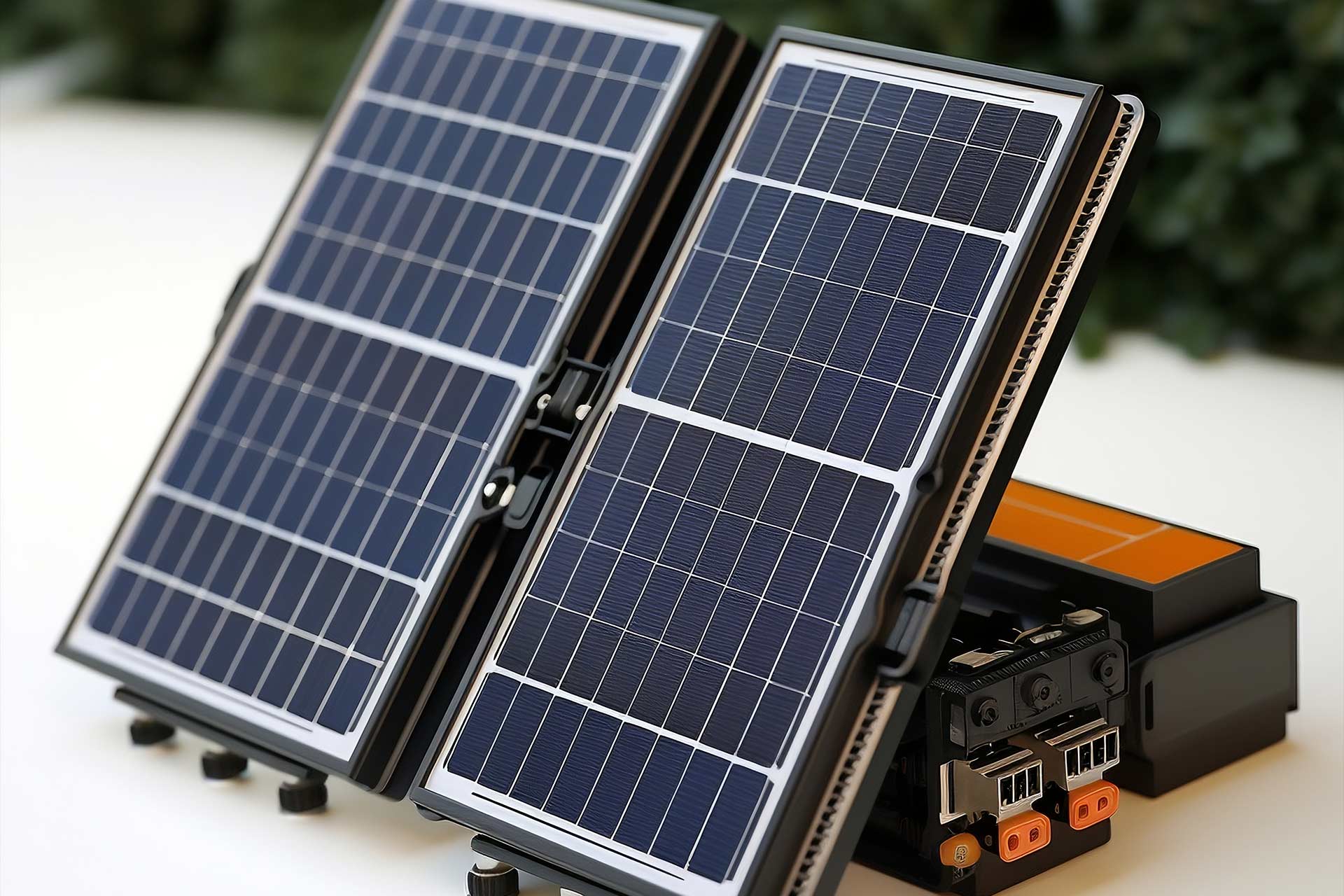Introduction:
Solar energy is rapidly gaining popularity as a clean and sustainable power source. It offers an environmentally friendly way to reduce electricity bills and gain energy independence. However, to maximize the benefits of solar panels, it’s crucial to consider solar batteries. These batteries store excess energy generated by solar panels, allowing you to harness power when the sun isn’t shining. In this blog, we’ll explore the importance of sizing up solar batteries and selecting the right capacity for your solar power system.
The Role of Solar Batteries
Solar batteries are essential for solar power systems. They store surplus electricity produced during sunny days for use during cloudy periods or at night when solar panels are inactive. The capacity of a solar battery determines how much energy it can store, and getting this capacity right is essential for a seamless and efficient solar experience.
Factors to Consider When Sizing Up Solar Batteries
1. Energy Consumption: Your household or business’s energy consumption is a critical factor in determining the right battery capacity. Start by assessing your daily electricity usage, which can be found on your electricity bill. This figure will guide you in selecting a battery that can meet your energy needs during periods of low solar production.
2. Location and Weather Conditions: Your geographical location and local weather patterns also play a significant role. Areas with frequent cloudy days or long periods of darkness may require larger battery capacities to ensure uninterrupted power supply.
3. Grid Connectivity: If you’re connected to the grid, you may opt for a smaller battery capacity, as you can rely on the grid during times when your battery is depleted. However, for off-grid applications, where grid connection isn’t available, a larger battery capacity is crucial to ensure continuous power supply.
4. Backup Time: Consider how long you want your solar battery to provide power when solar generation is limited. Some users prefer a battery that offers just a few hours of backup power, while others want more extended backup periods, like overnight power supply.
5. Battery Chemistry: Different battery chemistries have varying charge and discharge rates. Lithium-ion batteries, for example, can be charged and discharged quickly, making them suitable for high-demand situations.
Calculating Battery Capacity
Once you’ve gathered information about your energy consumption, local conditions, and backup requirements, you can calculate the required battery capacity. To do this, divide your daily energy usage in kilowatt-hours (kWh) by the number of hours of backup you desire. For instance, if you use 30 kWh per day and want 12 hours of backup, you’d need a battery capacity of at least 60 kWh (30 kWh ÷ 12 hours).
Choosing the Right Battery Capacity
When it comes to selecting the right solar battery capacity, it’s essential to balance your energy needs with your budget. A battery with a larger capacity will provide more extended backup power but comes at a higher cost. Here are some tips to help you make the right choice:
1. Consult a Professional: It’s advisable to consult with a solar energy professional or installer. They can perform a detailed energy audit and help you select the ideal battery capacity for your unique situation.
2. Future Expansion: Consider future expansion of your solar power system. If you plan to add more solar panels in the future, ensure your battery capacity can accommodate the increased energy production.
3. Battery Longevity: A larger battery capacity often results in slower charge and discharge cycles, which can extend the battery’s lifespan. This can be a cost-effective approach in the long run.
Conclusion:
Sizing up solar batteries is a crucial step in maximizing the benefits of your solar power system. By carefully considering your energy consumption, local conditions, backup requirements, and budget, you can select the right battery capacity for your specific needs. This ensures that your solar energy system remains reliable, efficient, and cost-effective while reducing your reliance on conventional grid electricity. With the right solar battery capacity, you can enjoy the benefits of clean, sustainable, and uninterrupted power.



